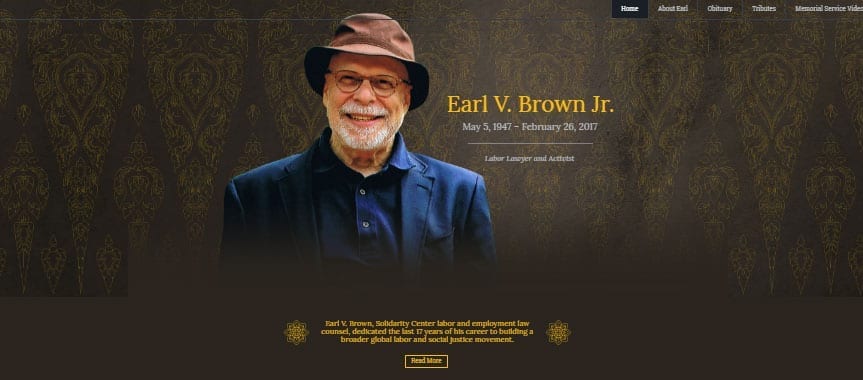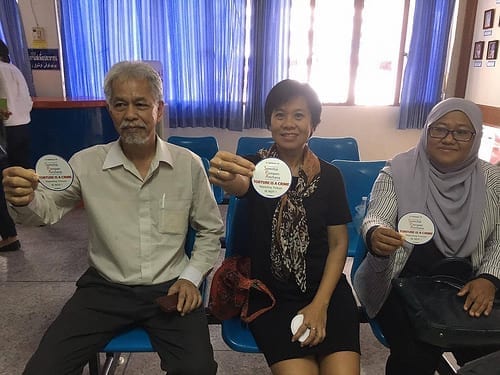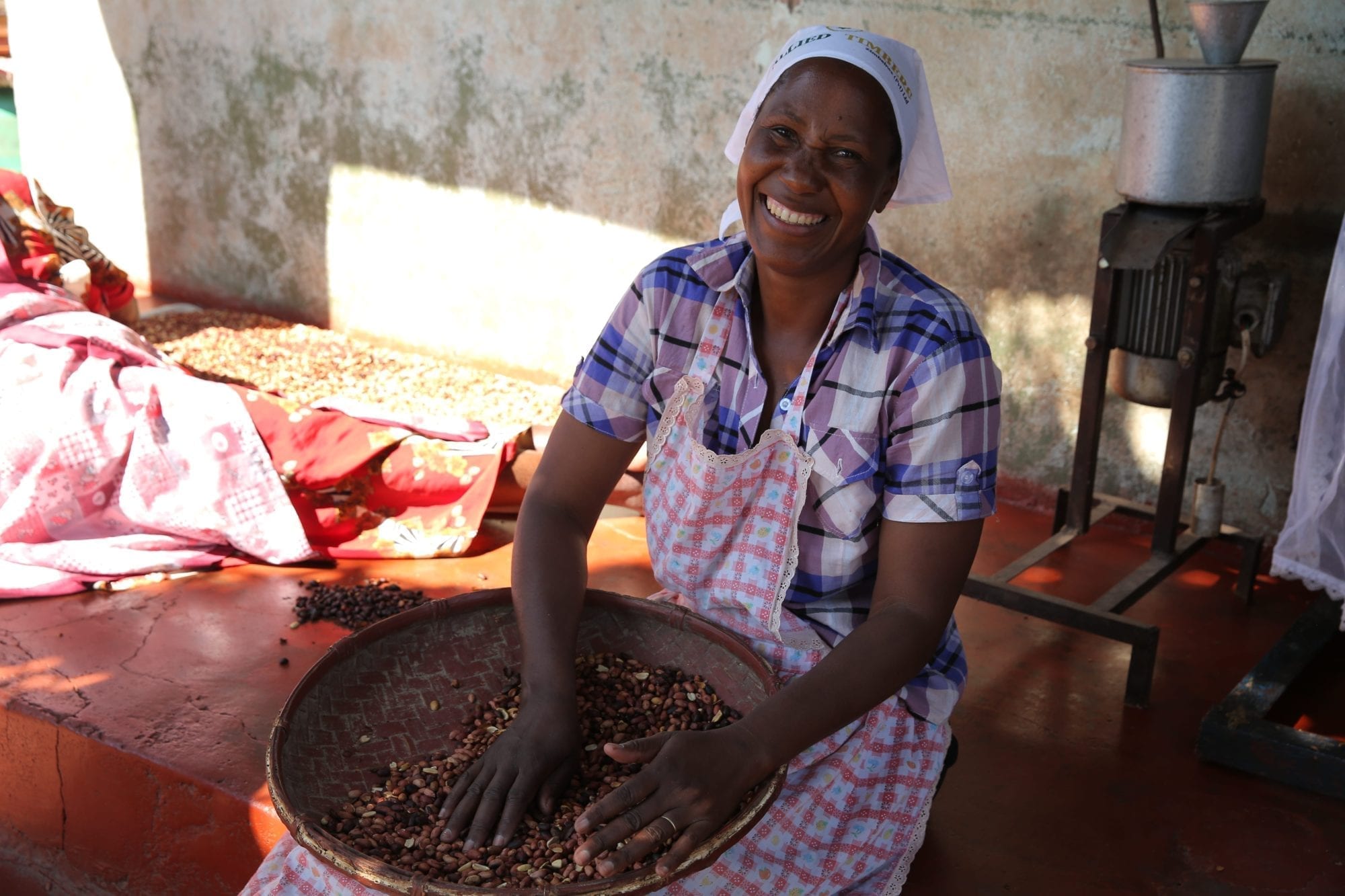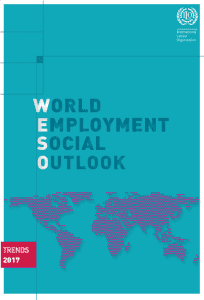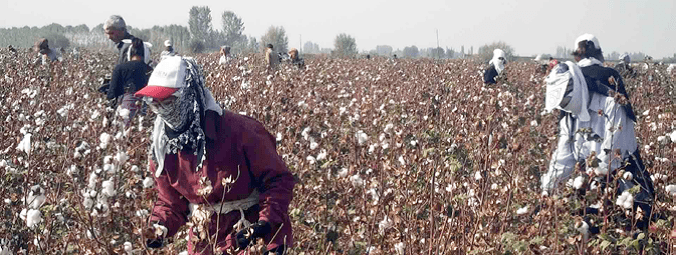
Falsely Convicted Uzbek Union Activist Dies in Prison
A prominent Uzbek worker rights activist, falsely accused and jailed in 2014, died almost six months ago in prison—with news of his death only reaching the public this week.
Nuraddin Jumaniyozov, who was serving a nine-year term following a conviction for “human trafficking,” died December 31, 2016, according to the Uzbek-German Forum. Prison authorities claim Jumaniyozov died of tuberculosis.
“Mr. Jumaniyozov’s death in prison, away from his family and loved ones, is a tragedy. It shows the lengths the government of Uzbekistan will go to prevent anyone from building a truly independent union representing any group of workers, especially those who are most oppressed,” said Rudy Porter, director of Solidarity Center programs in Europe and Central Asia.
Uzbekistan has made a practice of violence, torture and politically motivated imprisonment to deal with dissent and civil-society activism. It also is the largest state organizer of forced labor in the world, as it drives public-sector workers into the cotton fields each fall to harvest.
Jumaniyozov’s arrest and subsequent trial, alongside fellow worker rights activist Fahriddin Tillayev, was widely condemned as an orchestrated move to silence the labor movement. Prior to their incarceration, the two had been active in organizing day laborers and migrant workers, who have fled unemployment in rural areas for Tashkent, the capital, and other large cities.
Under Uzbek law, day laborers and migrant workers lack many of the legal protections afforded to other workers, leaving them vulnerable to exploitation and unsafe employment. To solve this injustice, Jumaniyozov and Tillayev were working to establish an independent trade union for day laborers before they were arrested in January 2014.
Before their imprisonment, Jumaniyozov and Tillayev were targeted for their activism. In 2012 and 2013, they were detained and fined on multiple occasions, as their organizing work was gaining ground. Tillayev remains in custody, serving a 10-year sentence. The Cotton Campaign, of which the Solidarity Center is a member, is condemning Jumaniyozov’s unnecessary death and demanding the release of Tillayev.
Freedom of association is severely curtailed Uzbekistan, though the government last year ratified the International Labor Organization’s Convention No. 87, which recognizes freedoms of association and the protection of the right to organize. All Uzbek trade unions are organized under the state-controlled Council of the Federation of Trade Unions. Workers attempting to establish unions independent of the federation—or to educate others on their right to do so—have experienced brutal reprisals.
Forced labor activist Elena Urlaeva was detained in a psychiatric hospital by government officials as recently as March this year, and previously had been arrested, beaten and imprisoned. Human rights activist Dimitry Tikhonov was beaten by the police last year while documenting forced labor in Uzbekistan’s cotton fields and returned home in March of this year to find his home office burned, which he said destroyed all records relevant to his human rights work, including forced labor.


